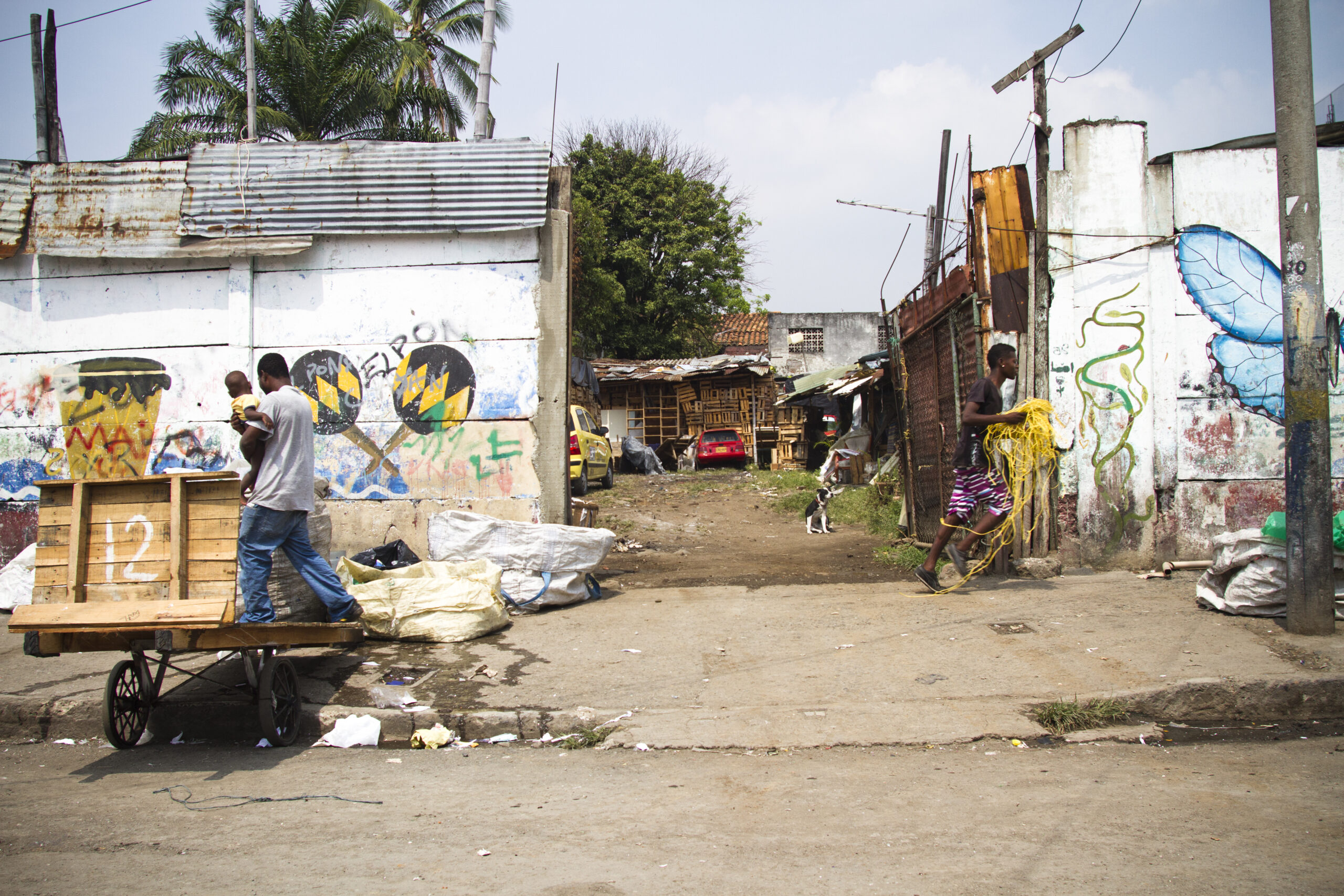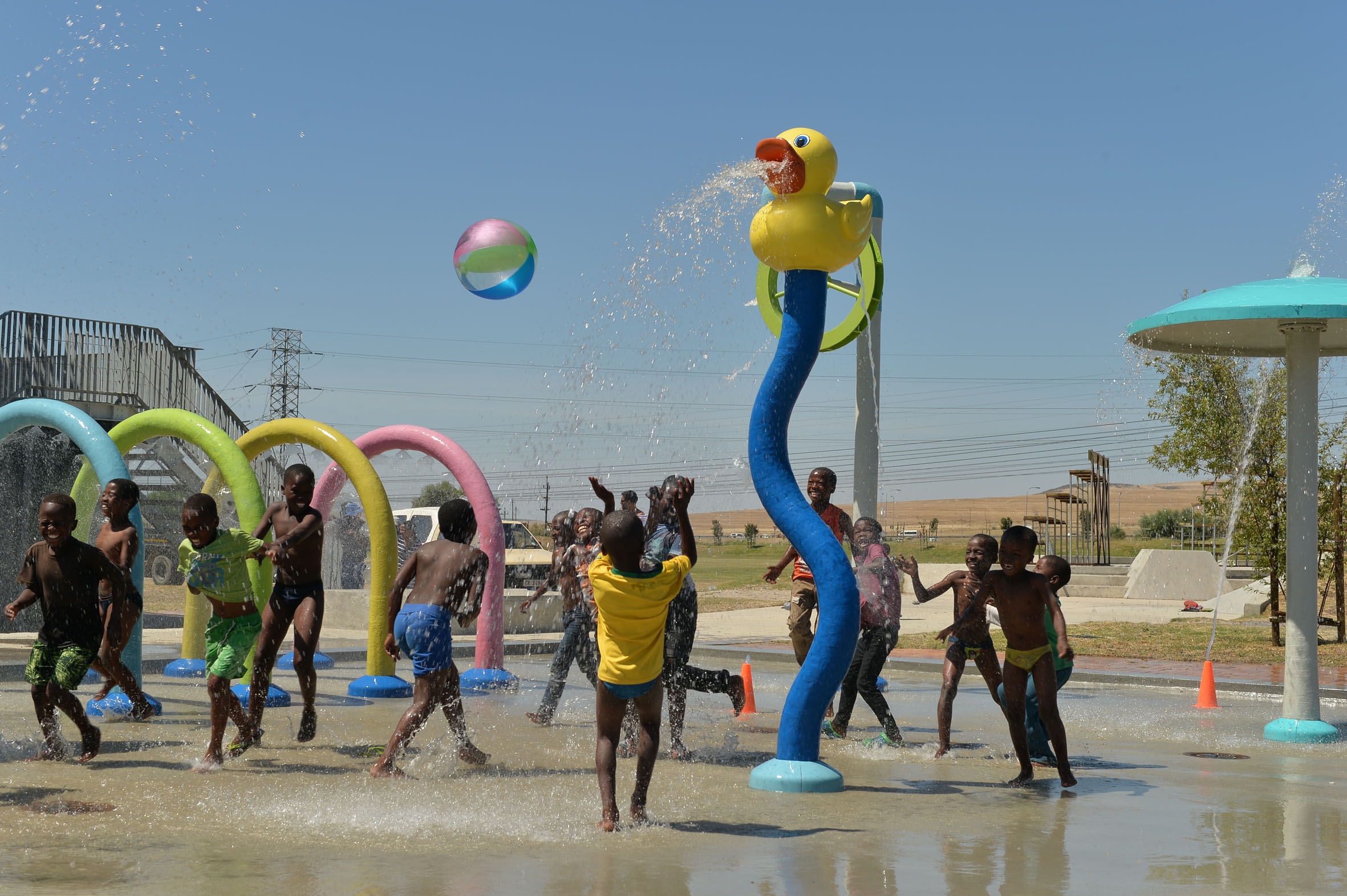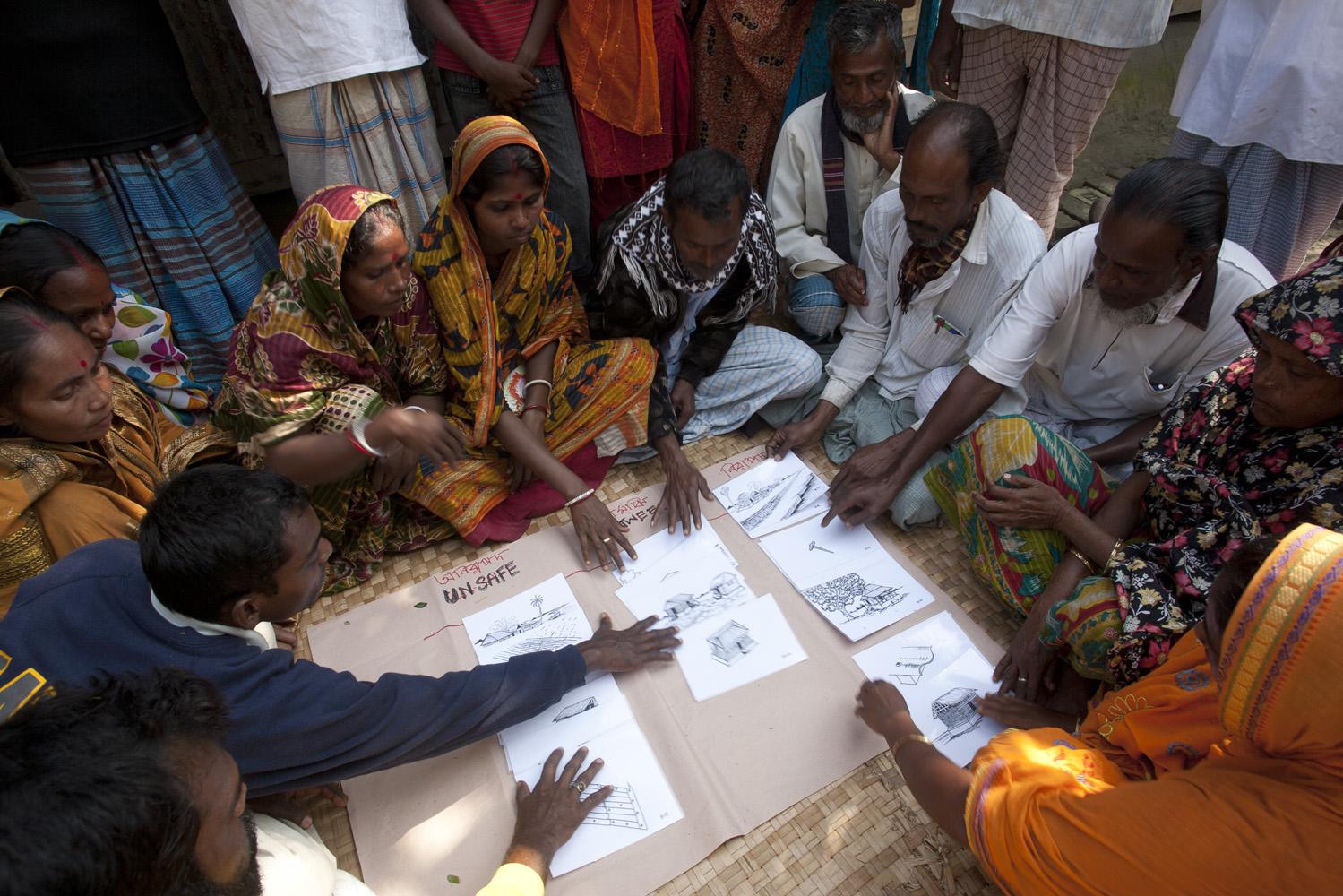GDPC Small Research Grants Program
With its Small Research Grant program, the Global Disaster Preparedness Center aims to bridge the gap between research and practice at the local level. By offering grants to university researchers in low- and middle-income countries, the program encourages the generation of evidence from places often overlooked in disaster preparedness research.
Program Overview
The program provides grants of up to $10,000 for small-scale research projects, focusing on pertinent issues such as extreme heat, early warning systems, urban resilience, and more. While primarily targeting university-affiliated researchers, it fosters partnerships between Global South and Global North universities, IFRC National Societies, and other nonprofit and community-based organizations. These collaborations enhance the scope and impact of the research projects.
Since 2022, the program has supported over 30 researchers across 23 low and middle-income countries, spanning from Brazil to Albania to Indonesia. By providing resources to researchers with limited funding access, the GDPC Small Grants Program aims to enhance the global evidence base with diverse insights and ultimately strengthen disaster preparedness strategies in vulnerable areas.
Global Impact, Local Insights
Grants supported since 2022
Current Grant Cycles
2024-2025: Research on Climate Resilience in Urban Areas

Cities are both major contributors to climate change and increasingly exposed to climate-related hazards, resulting in growing human and economic losses. In this context, the GDPC launched a small research grants program focused on climate resilience in urban areas, aiming to enhance understanding and expand the evidence base for building more resilient urban environments in the face of climate change.
Past Grant Cycle

2023-2024: Research on Inclusive Early Warning Early Action
Aligning with the global EW4All initiative, this round focuses on inclusivity and accessibility of early warning early action among last-mile communities. Conducted in collaboration with the Risk-informed Early Action Partnership (REAP) and in support of the REAP Global Targets, this program aims to enhance literature on early warning early action and contribute to the expansion of the evidence base for more inclusive and people-centered approaches.
2022-2023: Research on Extreme Heat

Despite the growing adverse impacts of extreme heat, there is a lack of global awareness, risk analysis, and action to combat heat risks. In response to this challenge, the GDPC partnered with the Red Cross Red Crescent Climate Centre and the Global Heat Health Information Network (GHHIN) to launch this research grant cycle. The program aimed to increase knowledge on heatwaves, their impact, and potential solutions.
2013-2015: Research for Resilience and Preparedness

The GDPC initiated a partnership with the Response 2 Resilience (R2R) Institute, affiliated with Tulane University, leveraging its existing network of universities in Asia, Africa, and the Caribbean. Academic partners, together with representatives from RCRC national societies, identified relevant, context-specific disaster preparedness needs addressed through applied research.
